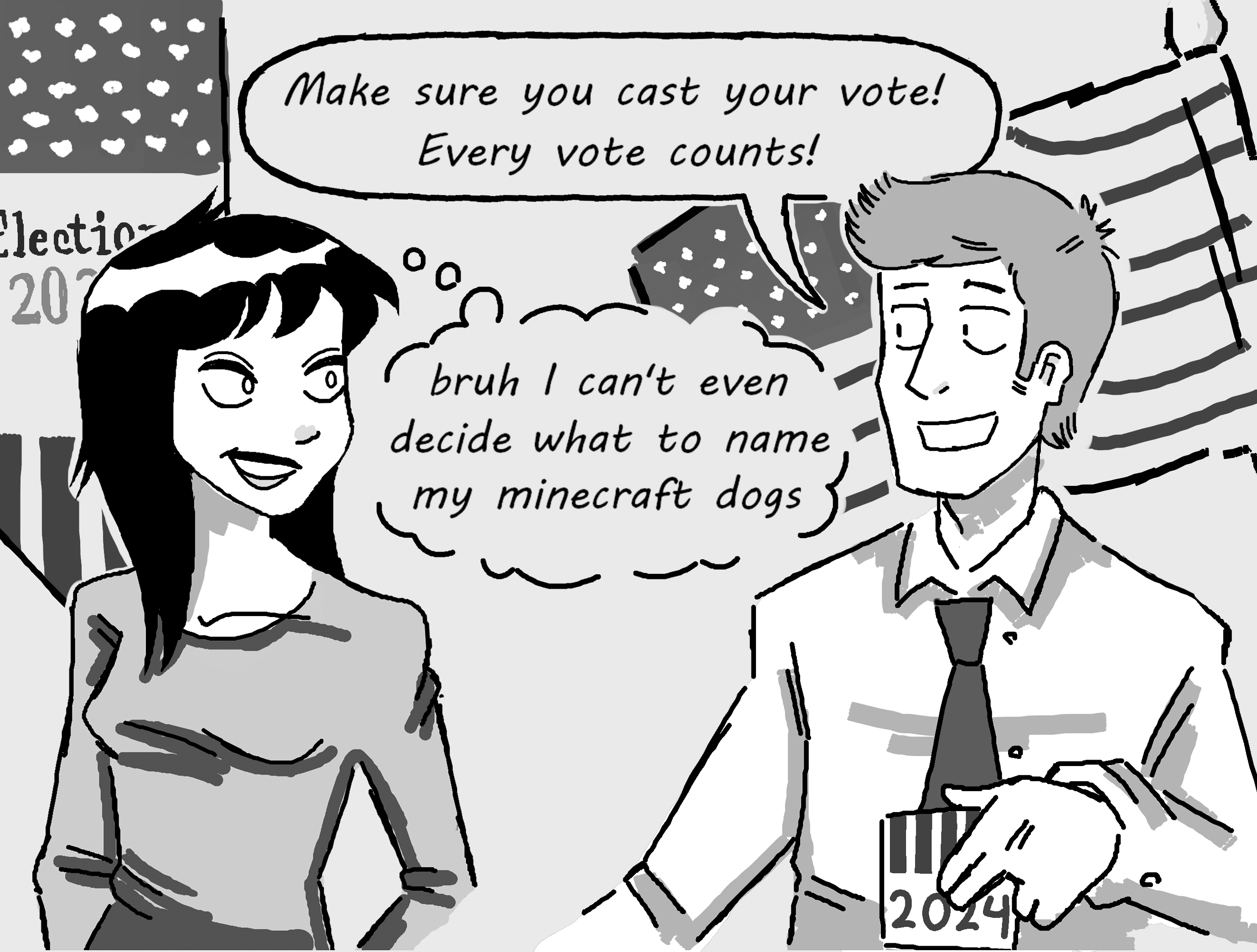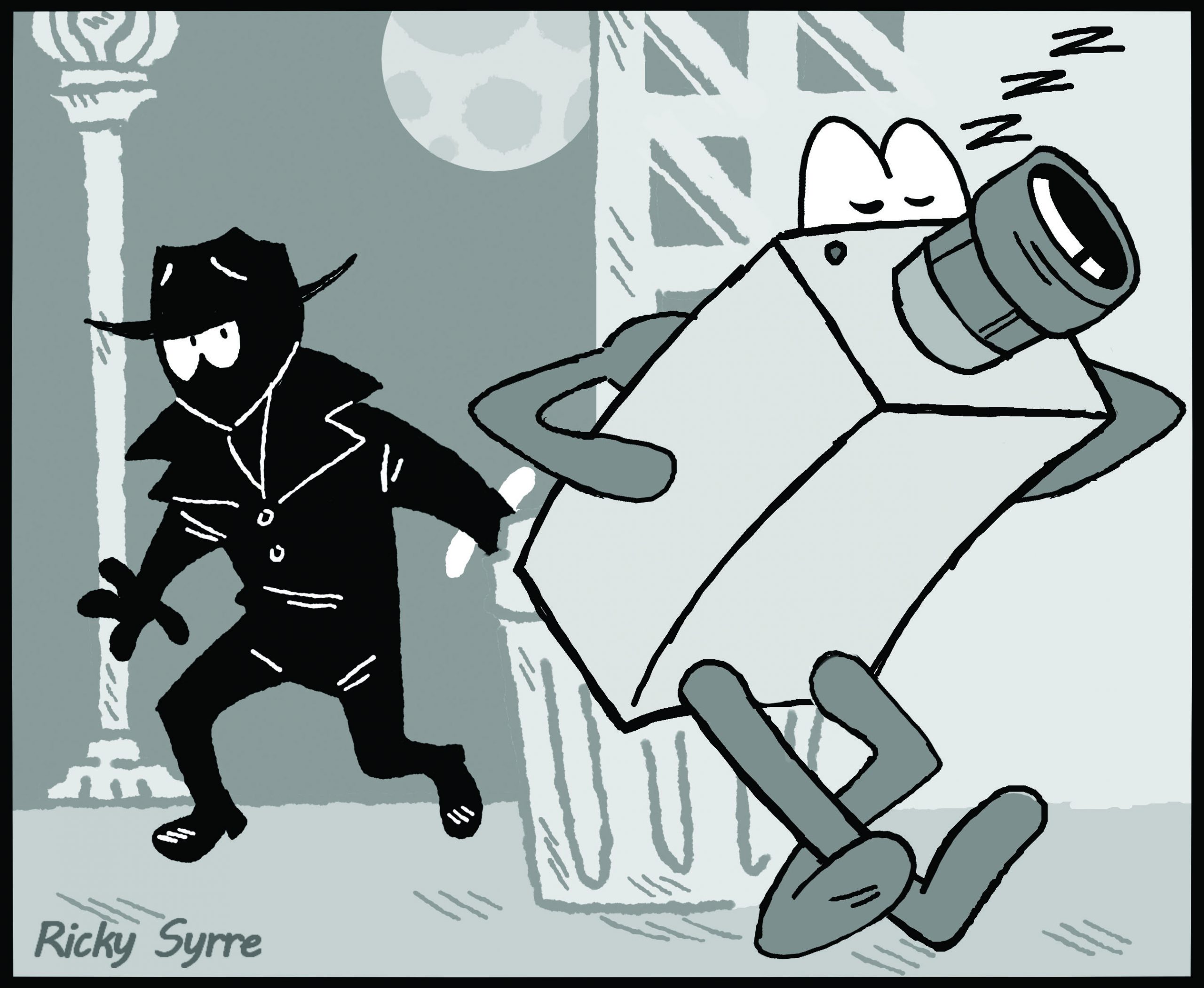As the waning days of the 2012 Presidential Election give way, one cannot help but anticipate the decline in interest towards political affairs that seems sure to follow.
In many ways, U.S. politics have come to mimic another favorite American pastime: football. Dedicated followers follow the various stages that go into a campaign with the same vigor as any dedicated Cowboys fans follow their beloved team. As they poll the “victories” and “losses” on the campaign trail and pundits across all networks offer the play-by-play, interest grows among those who don’t usually follow the support leading up to the climactic Election Day night “Super Bowl” event.
Now, undoubtedly the office of president is an important position to occupy. However, one might ask why the sudden impetus to carry out that one form of civic duty is not found in the many local elections that occur in one’s own backyard every year.
With the way the U.S. political system is set up, there are campaigns being run practically every hour, most becoming more and more atomized as you reach even the smallest positions in elected governance, the positions that most affect the daily lives of the individual and immediate community.
Local politics are also where citizens are more likely to first enter the field of governance, should this be their aim. The realm of local issues serves as the furnace from which seasoned politicians can emerge. Of course, the problem therein is whether the passions that drove that individual to pursue politics continue to be sincere in regards to the community he or she serves.
For one, the Electoral College acts as the endpoint to which all votes flow when determining which candidate ascends to the highest seat of governance in the U.S. The 2000 Gore/Bush election perfectly exemplified an ongoing criticism of the U.S. electoral structure: effectively rendering the popular vote trivial when compared to the sway of the Electoral College system.
The main reason local elections are more important, however, lies in how the local politics shape the community as a whole. Local elections, after all, are where citizens – if they should give voice to the needs of their community – are more likely to see change effected.
Whether the position is for city council, mayor, alderman, judge or the many other positions that make up the administrative system of a city, the sway that these positions hold over such things as determining laws, tax rates and the maintenance of public utilities, like water and electricity is important.
This is where the famous clashes between local and federal government often stem from (the other places of origin being a plethora of engrained bigotry and resistance to change). A push for change on a local level has seen a range of laws enacted in individual states such as Washington state’s recent legalization of same-sex marriage. Some policies such as those found in states with medicinal marijuana and decriminalization laws are often in open defiance of the federal law.
On the other hand, politicians can also engage in populist posturing, playing on a sort of distrust of federal governance to secure the local support needed. Governor Rick Perry, for example, has managed to sink a good deal of women’s health care benefits through stoking regional fundamentalist fears while portraying the federal government as an oppressive entity trampling states’ rights.
What it boils down to is the population itself. Local citizens that stay informed and engross themselves in their community are the engines that help bring about substantial change. This type of change looks beyond the fare of commercial politics and directly engages people through a variety of tactics (not simply limited to voting) in the processes that will move their community, and society, forward. As the saying goes, “think globally, act locally.”
With any elected official, it is the pressure put upon them by community members that will factor into the representative’s decision making. Popular participation should never be separated from the workings of an effective democracy.





